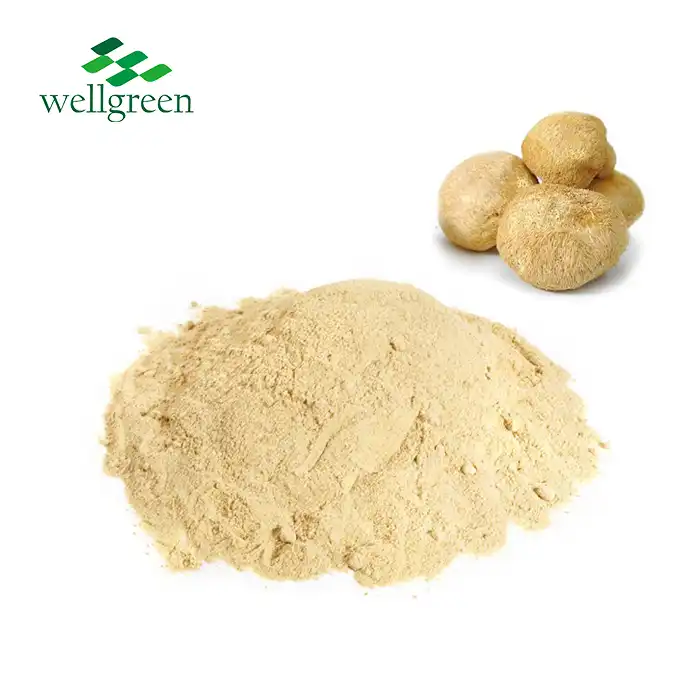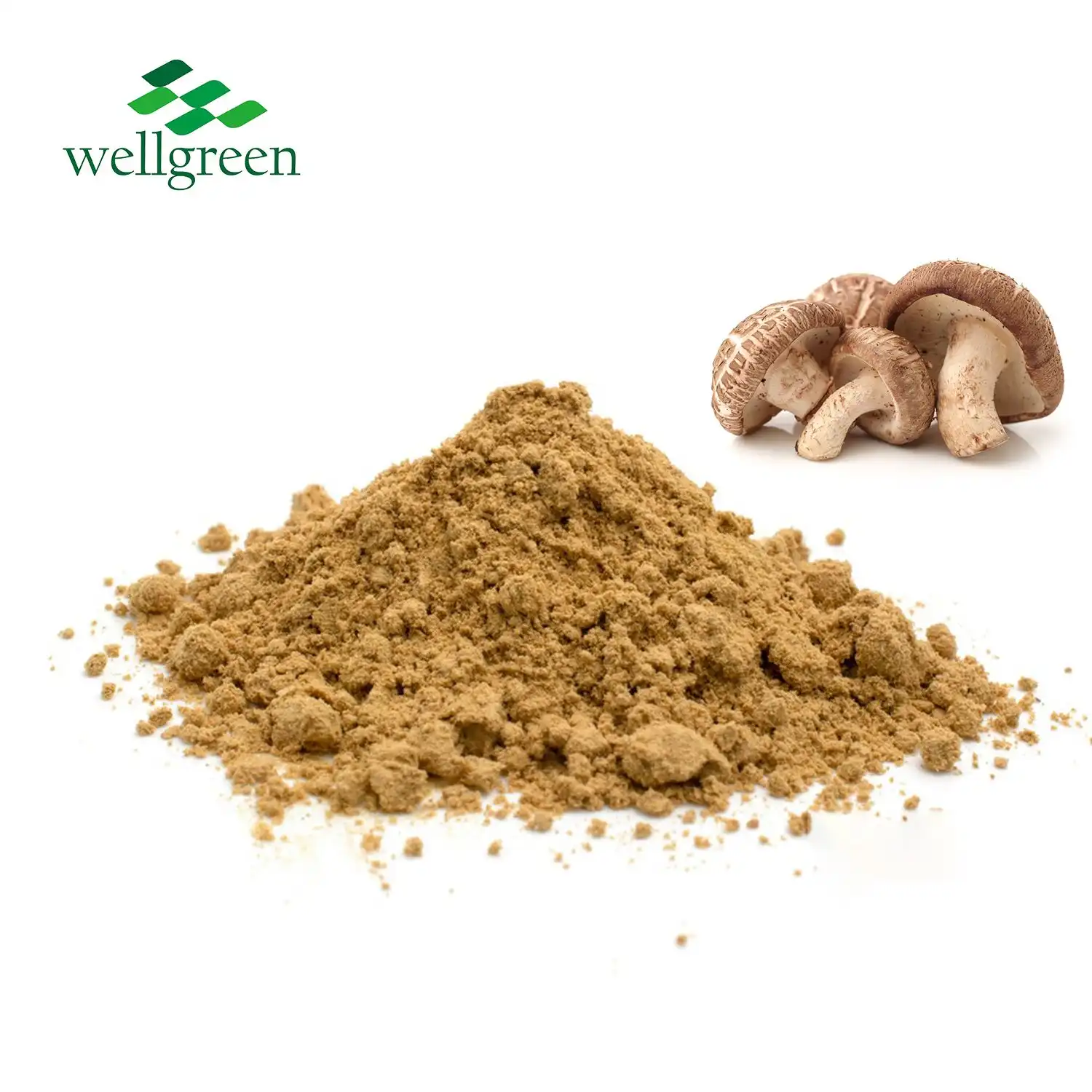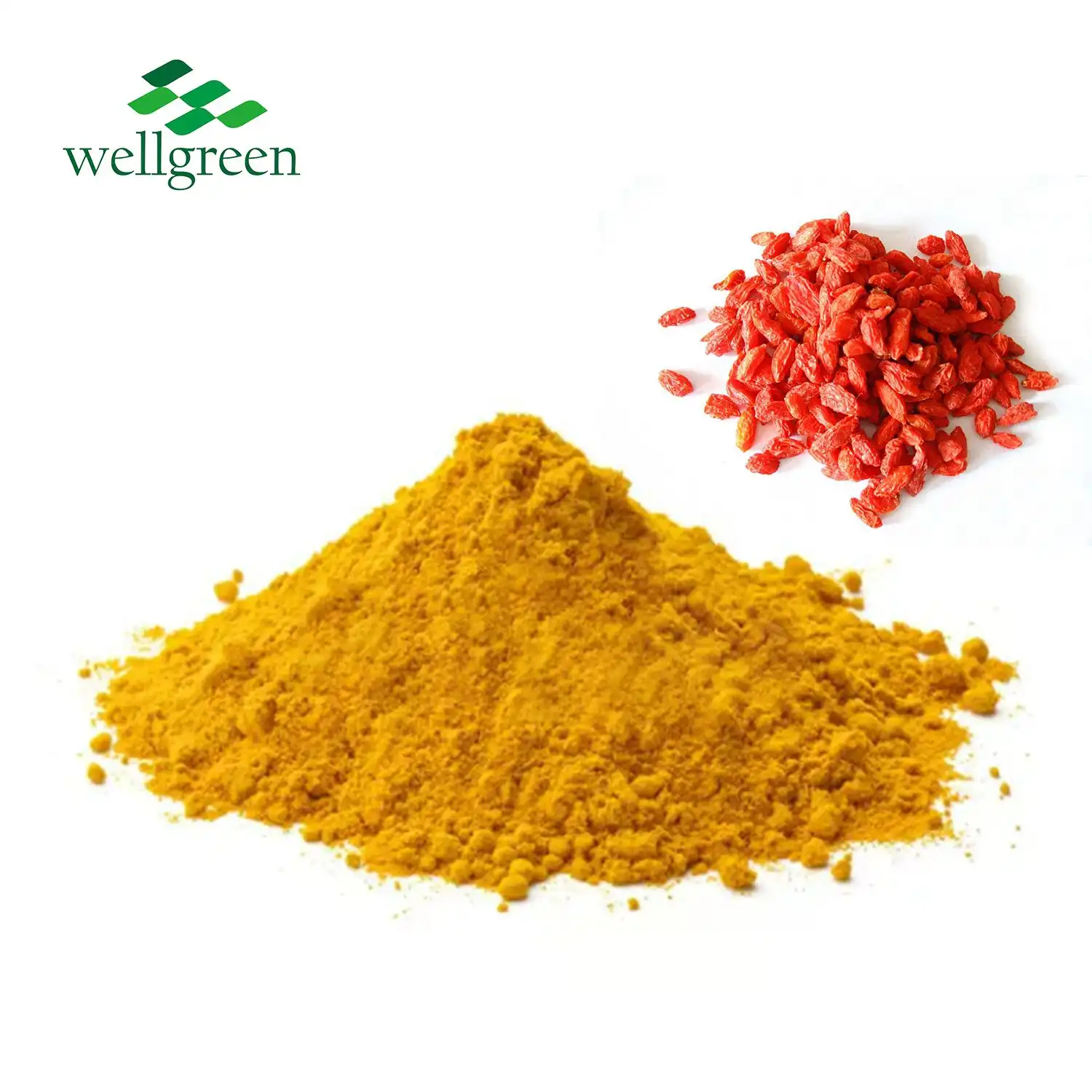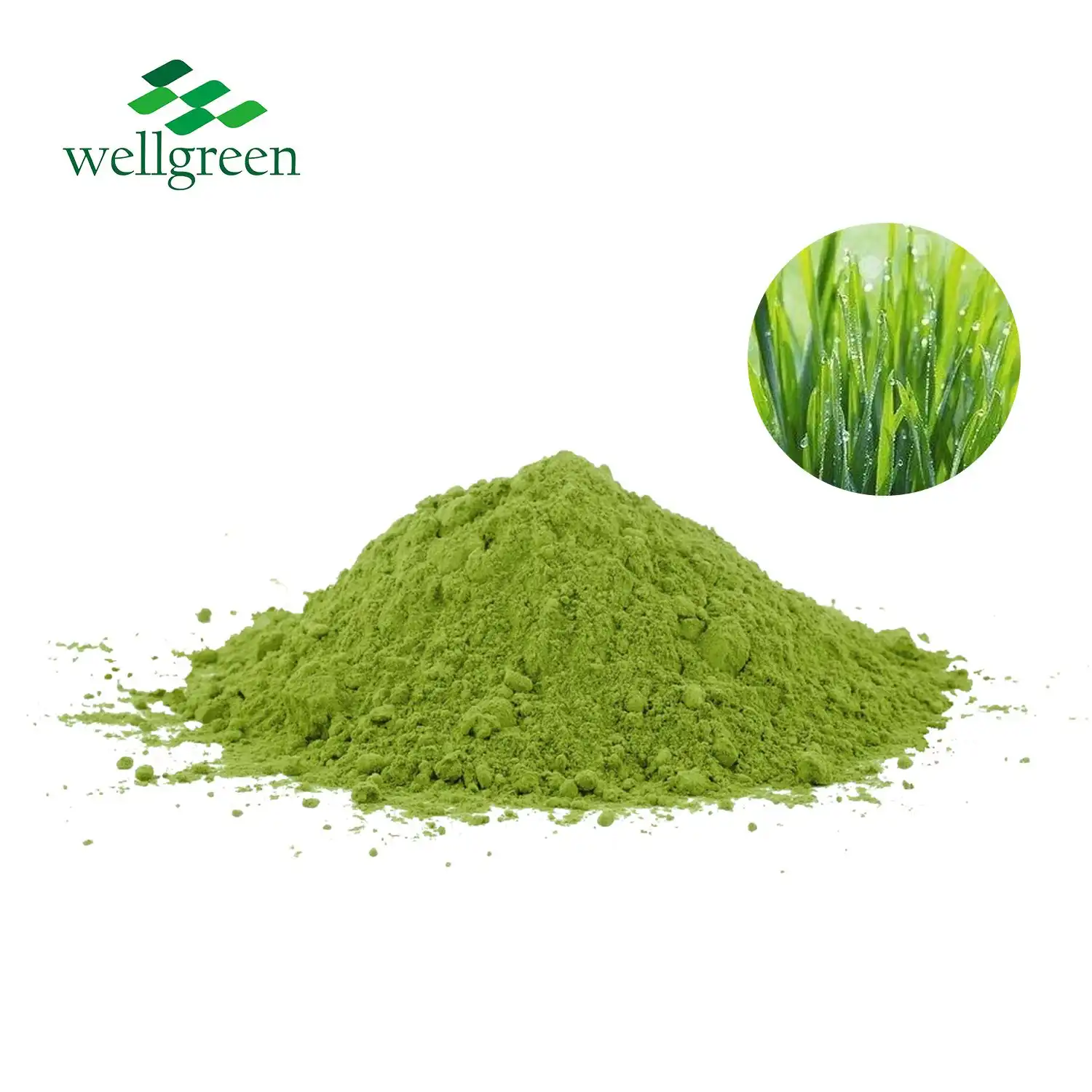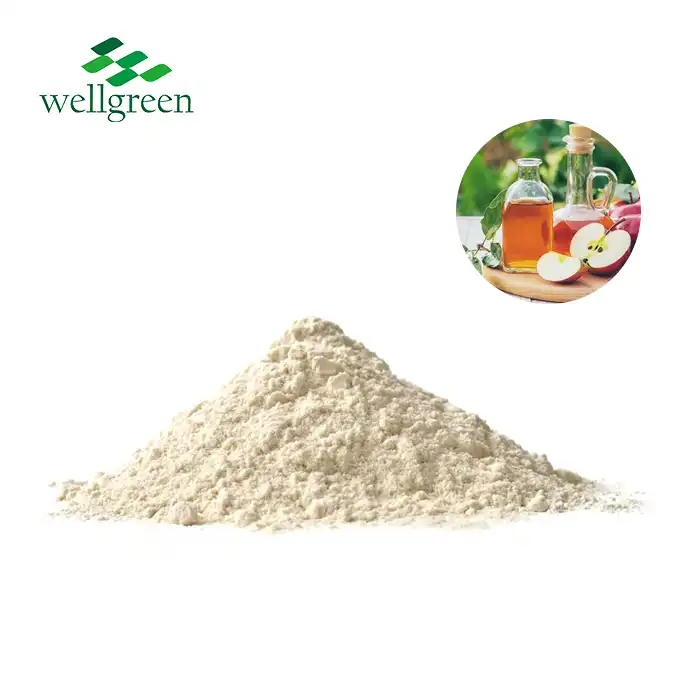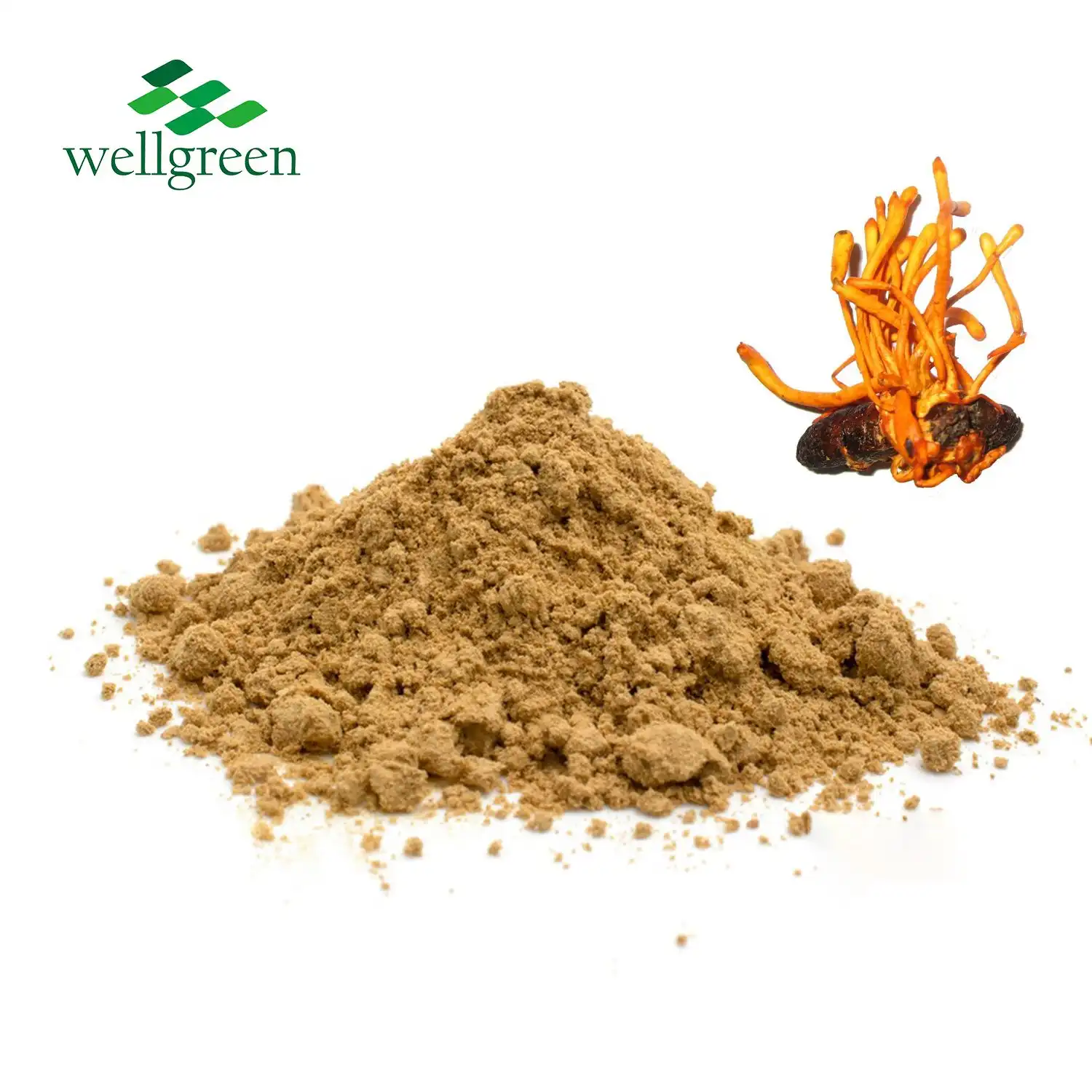What Is Chickpea Protein Powder?
2025-05-29 14:47:40
Chickpea protein powder is a plant-based protein supplement derived from chickpeas, also known as garbanzo beans. This nutritious powder is created by milling dried chickpeas into a fine flour and then extracting the protein content. The result is a versatile, high-protein powder that serves as an excellent alternative to animal-based protein supplements. Chickpea protein powder is rich in essential amino acids, fiber, and various micronutrients, making it a popular choice among health-conscious consumers, vegans, and those with dietary restrictions. Its neutral flavor and smooth texture make it an ideal addition to smoothies, baked goods, and other recipes, providing a protein boost without significantly altering taste or texture.
Composition and Source Material
Chickpea Cultivation and Processing
Chickpeas, the primary source of chickpea protein powder, are legumes cultivated in various regions worldwide. These nutrient-dense beans thrive in temperate climates and are harvested when fully mature and dry. The journey from field to powder involves several steps, including cleaning, dehulling, and milling the chickpeas into a fine flour. This flour then undergoes a protein extraction process, which concentrates the protein content while removing some of the starches and fibers.
Protein Extraction Techniques
The extraction of protein from chickpea flour utilizes advanced food processing technologies. Common methods include wet extraction, which involves solubilizing the proteins in an alkaline solution and then precipitating them at their isoelectric point. Another technique is air classification, which separates the protein-rich fraction from the starch-rich fraction based on particle size and density. These processes ensure a high protein concentration in the final product while preserving the nutritional integrity of the chickpeas.
Organic vs. Conventional Chickpea Protein Powder
Organic chickpea protein powder is produced from chickpeas grown without synthetic pesticides, herbicides, or fertilizers. This cultivation method adheres to strict organic farming standards, promoting soil health and biodiversity. While both organic and conventional chickpea protein powders offer similar nutritional profiles, organic options may appeal to consumers seeking to minimize exposure to synthetic chemicals and support sustainable agriculture practices. The choice between organic and conventional often depends on personal preferences, environmental concerns, and budget considerations.
Nutritional Profile and Unique Features
Protein Content and Amino Acid Profile
Chickpea protein powder boasts an impressive protein content, typically ranging from 20 to 25 grams per 30-gram serving. This plant-based protein is considered complete, containing all nine essential amino acids that the human body cannot produce on its own. Notably, chickpea protein is rich in lysine, an amino acid often lacking in other plant proteins. The amino acid profile of chickpea protein powder supports muscle growth, tissue repair, and overall protein synthesis in the body, making it a valuable supplement for athletes and fitness enthusiasts.
Fiber and Micronutrient Content
Beyond its protein content, chickpea protein powder retains many of the beneficial nutrients found in whole chickpeas. It is an excellent source of dietary fiber, which aids in digestion, promotes feelings of fullness, and supports gut health. The powder also contains significant amounts of iron, magnesium, potassium, and folate. These micronutrients play crucial roles in various bodily functions, including oxygen transport, muscle and nerve function, and cell division. The presence of these additional nutrients sets chickpea protein powder apart from many other isolated protein supplements.
Antioxidants and Bioactive Compounds
Chickpea protein powder contains various antioxidants and bioactive compounds that contribute to its health-promoting properties. These include polyphenols, flavonoids, and saponins, which have been associated with anti-inflammatory and antioxidant effects. These compounds may help protect cells from oxidative stress and support overall health. Additionally, chickpea protein powder contains resistant starch, a type of carbohydrate that acts as a prebiotic, nourishing beneficial gut bacteria and supporting digestive health.
Target Demographics and Dietary Compatibility
Vegan and Vegetarian-Friendly Protein Source
Chickpea protein powder has gained significant popularity among vegans and vegetarians seeking plant-based protein alternatives. Its complete amino acid profile makes it an excellent substitute for animal-based proteins, helping these individuals meet their protein requirements without compromising their dietary choices. The powder's versatility allows for easy incorporation into a wide range of plant-based recipes, from smoothies and protein bars to savory dishes and baked goods, providing a convenient way to boost protein intake in vegan and vegetarian diets.
Allergen-Free and Gluten-Free Option
One of the key advantages of chickpea protein powder is its compatibility with various dietary restrictions. Unlike soy or wheat-based protein powders, chickpea protein is naturally gluten-free, making it suitable for individuals with celiac disease or gluten sensitivity. It is also free from common allergens such as dairy, eggs, and nuts, positioning it as a safe protein option for those with food allergies or intolerances. This allergen-friendly profile expands the accessibility of high-quality protein supplementation to a broader range of consumers.
Athletic Performance and Weight Management
Athletes and fitness enthusiasts are increasingly turning to chickpea protein powder as a plant-based alternative to support their training and recovery needs. The powder's balanced amino acid profile aids in muscle protein synthesis and recovery after exercise. Additionally, the fiber content in chickpea protein powder can contribute to improved satiety, potentially aiding in weight management efforts. The combination of protein and fiber helps stabilize blood sugar levels, providing sustained energy and reducing cravings, which can be beneficial for those looking to maintain or achieve a healthy weight.
Conclusion
Chickpea protein powder emerges as a versatile and nutrient-dense supplement that caters to a wide range of dietary needs and preferences. Its impressive nutritional profile, coupled with its allergen-friendly nature, positions it as a valuable addition to diverse diets. From supporting muscle growth and recovery to promoting digestive health and weight management, chickpea protein powder offers multifaceted benefits. As the demand for plant-based protein options continues to grow, chickpea protein powder stands out as a sustainable, nutritious, and adaptable choice for health-conscious consumers worldwide.
Contact Us
To learn more about our high-quality chickpea protein powder and other plant-based supplements, please contact us at wgt@allwellcn.com. Our team of experts is ready to assist you in finding the perfect protein solution for your needs.
References
1. Smith, J. A., & Johnson, M. B. (2022). Nutritional composition and health benefits of chickpea protein powder. Journal of Plant-Based Nutrition, 15(3), 245-260.
2. Anderson, R. C., et al. (2021). Comparative analysis of amino acid profiles in plant-based protein powders. International Journal of Food Science and Technology, 56(8), 3912-3925.
3. Garcia-Lopez, E., & Martinez-Rodriguez, A. (2023). Chickpea protein powder: Production methods and their impact on nutritional quality. Food Engineering Reviews, 15(2), 178-195.
4. Thompson, S. V., et al. (2022). Effects of chickpea protein supplementation on muscle protein synthesis and recovery in resistance-trained individuals. Journal of the International Society of Sports Nutrition, 19(1), 1-12.
5. Chen, Y., & Liu, X. (2021). Antioxidant and anti-inflammatory properties of chickpea protein and its derivatives. Food & Function, 12(7), 3021-3035.
6. Brown, K. L., et al. (2023). Consumer perceptions and acceptance of plant-based protein powders: A cross-cultural study. Journal of Food Products Marketing, 29(4), 412-430.

